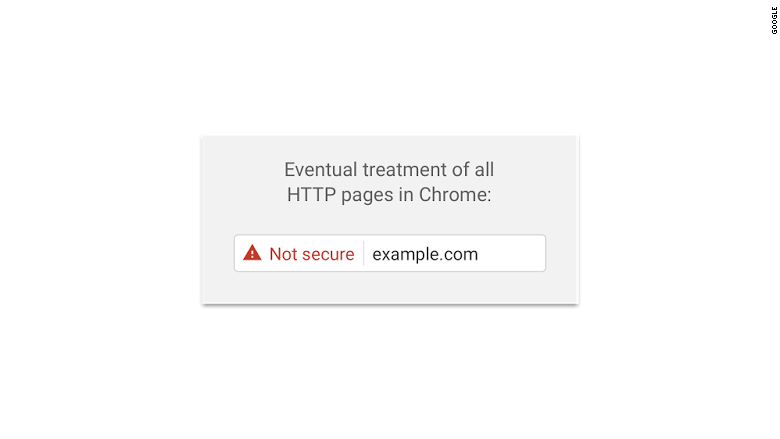We know that there’s a lot of noise in the world. We understand that your website may be functioning well, even with excellence in its current condition. But we also want you to be aware of the changes that will inevitably affect your website traffic and, as a result, your business. What’s new today? Google’s transition from recognizing HTTPS over HTTP websites as safe, in short.
Digging Deeper to Google’s HTTPS Security Rollout
The longer version of this is that your website is going to need an extra layer of encryption in order to be recognized as secure by Google. As you’re well aware, you want Google to be happy with your site in order for your company to rank highly in searches. Without making the switch over from HTTP (Hypertext Transfer Protocol) to HTTPS (Hypertext Transfer Protocol Secure), you’re jeopardizing your company’s success via the internet.
Don’t be Mad at Google
Hackers become more intelligent and constantly find new ways to grab information from unsecured sites, and Google wants to ensure that your browsing experience is a safe one.
The SSL (secure sockets layer, i.e., what you’ll need to make your website secure) rollout has been one long in the coming: Google first hinted at this changeover a couple of years ago and officially announced the plan in early 2016.
What to Expect
So what exactly are we looking at here? What should you expect to see across Google? The following image is what you’ll see on websites that aren’t encrypted with an SSL. If you click on the information icon in the top left of your address bar, you’ll be able to see more information on the encryption level and safety of the site you’re browsing.

Courtesy of Google
This next image is what you’re going to eventually see on non-secure sites. Google is going to apparently take their time rolling this out to all sites so as to not overwhelm the internet with flashy red warnings.
Courtesy of CNN Tech
Next Steps
Obviously, you don’t want visitors coming to your site and getting a warning that their connection is not secure. That’s not good for business. On top of that, Google will punish you via search algorithm for not properly encrypting your site and your organic searches will flounder.
So what’s a company to do? Get an SSL certificate so that your website is HTTPS verified and Google will once again smile on you. Contact the experts at Blindspot Advisors and we’ll get you on your way to a safe and secure website that will pass Google’s safety scrutiny with flying colors.


